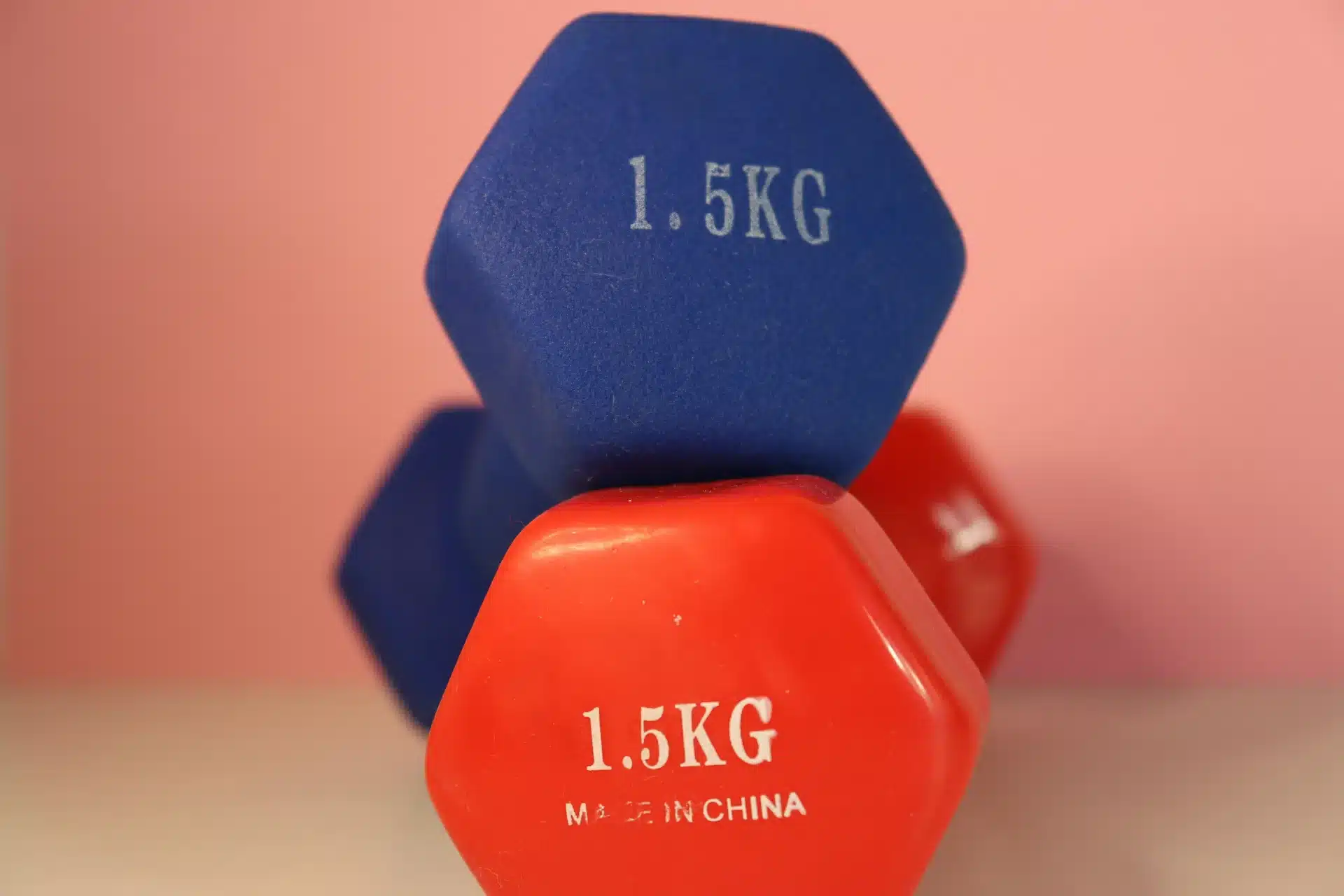This course is suitable for anyone with a passion for sports and those involved in coaching and performance. Nutrition is now an essential part of any athletes conditioning.
- Develop your understanding of the way nutrition relates to sporting performance.
- Help sportsmen and athletes manage their diet
- Improve your own performance in sport
- Expand your career options to work in the fitness, health or sports industries.
Students receive a Careerline Certificate in Sports Nutrition upon completion of all assignments / optional exam.
Course Aims:
- Discuss human nutrition as it relates to sport.
- Explain energy and how energy is produced in the body.
- Explain how energy is utilized in the human body.
- Understand the characteristics of, and to be able to design an effective training diet.
- Design a diet for an athlete.
- Understand the principles of and be able to design an athletic diet for the days leading up to, during and after a competition.
- Explain the importance of fluids in an athletic diet.
- Define the body composition of an athlete, and to become aware of the methods of measuring body composition.
- Examine effective methods for weight reduction and body fat control where they are deemed necessary.
- Examine methods of increasing muscle mass and to assess the use of sports supplements.
Testimonial:
“Yes i learnt lots and really enjoyed it. I learnt stuff that i have never thought about before, it keep me interested and made me want to learn more.” – Tamara Turner
There are 9 lessons:
1. Introduction to Human and Sports Nutrition
-
- Dietary nutrients
- Recommended daily intake (nutrients, protein and energy, selected vitamins & minerals)
- The Balanced Diet
- The Food Pyramid
- The basics for a healthy eating lifestyle
- Carbohydrates, Proteins, and Fats
- Food composition Tables
2. Energy
-
- Understanding the chemical energy
- Calories
- Sources of energy in food
- Caloric contents of selected foods
- Energy systems of the human body
- ATP as source of Energy
- Aerobic vs Anaerobic Respiration
- The caloric cost of everyday activities
3. Energy in an Athlete’s Body
-
- Aerobic vs Anaerobic Capacity (VO2 max)
- Metabolism
- Respiration Quotient
- Energy Expenditure for Activities
- What happens during Exercise?
- Proteins as an Energy source
- Fitness Testing and Assessment
- Blood Pressure
- Body Weight Percentage Fat
- Physical Dimensions
- Heart Rate
- Lung Capacity
- Cardiovascular Score
- Aerobic Fitness
- Field Evaluation of Cardiorespiratory Endurance
- 12-minute Fitness Test
4. The Training Diet
-
- Carbohydrates
- Proteins
- Do athletes require more protein?
- Fats
- Other nutrients
- Meal timing
- Suggested recipes for athletes
5. The Competition Diet
-
- Carbohydrate loading
- How much carbohydrate does an athlete need?
- Pre-competition eating
- Eating during competition
- Competition, fatigue and nutrition
- Competition recovery requirements
- Training and fatigue and the training response
- Fatigue
- Recovery from exercise
- Oxygen Debt
- Lactic acid
6. The Fluids
-
- Function of Water in the Body
- How much Fluid is needed?
- Water and Solute Regulation
- Electrolytes
- Water and Body Temperature Regulation
- Intravenous Fluid Replacement
- Examples of Fluid Loss during Exercise
7. The Athlete’s Body
-
- Body Composition
- Body Composition Assessment Techniques
- Importance of Body Composition to Performance
8. Weight Management
-
- Mechanics of Weight Loss
- Why Athletes want to Lose Weight?
- Overweight People
- Weight Change and Very Low Energy Diets
- Tips for Losing Body Fat
- Characteristics of a Safe Reduction Diet
- Eating Disorders
- Metric and English Unit Conversions
9. Training for Size and Use of Sports Supplements
-
- Gaining Muscle Mass
- Sport Supplements
- Types of Sports Supplements
- Drug Testing
- Glossary

